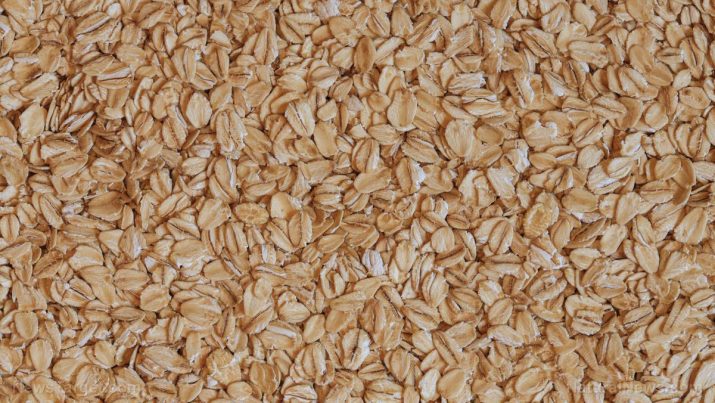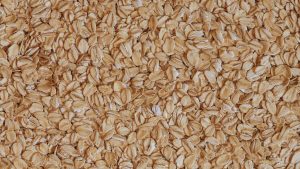
Muesli – sources, health benefits, nutrients, uses and constituents at NaturalPedia.com
Wednesday, August 09, 2017 by Jhoanna Robinson
http://www.naturalpedia.com/muesli-sources-health-benefits-nutrients-uses-and-constituents-at-naturalpedia-com.html

Muesli is basically a breakfast cereal that is made from oats, flakes, fruits, and nuts. Starting your day with a nutritious muesli breakfast can make you prepared for the long and stressful activities that the day has in store for you.

List of known nutrients
- Beta-Glucan
- Biotin
- Calcium
- Carbohydrates
- Choline
- Copper
- Dietary Fiber
- Iron
- Lignans
- Magnesium
- Manganese
- Omega-3 Fatty Acids
- Phosphorus
- Protein
- Selenium
- Sodium
- Vitamin A
- Vitamin B1 (Thiamine)
- Vitamin B2 (Riboflavin)
- Vitamin B3 (Niacin)
- Vitamin B5 (Pantothenic Acid)
- Vitamin B6 (Pyridoxine)
- Vitamin B9 (Folate)
- Vitamin B12 (Cobalamin)
- Vitamin C
- Vitamin E
- Vitamin K
- Zinc
Medicinal uses for muesli
Muesli is good for weight-watchers. Eating them at breakfast gives you a full feeling, making you refrain from eating large portions of food during meal times for the rest of the day. This is because muesli is rich in fiber, and fiber absorbs water and swells in the stomach, thereby taking much space inside it. Muesli’s B-vitamins also speed up the fat metabolism process, allowing you to burn more calories at a much faster rate, maintain proper body mass index, and control your weight.
Also, because mueslin is rich in fiber (a cup or 85 grams of mueslin gives 6.2 g of dietary fiber), you are getting help with reducing cholesterol levels and regulating blood pressure. It also helps address digestive problems such as constipation, according to the United States Department of Agriculture Nutrient Database. Around 25 to 38 g of mueslin should be consumed by adults per day, the American Dietetic Association said.
Muesli contributes to alleviating the symptoms of hypertension, thereby helping yourdecrease your dosage of antidepressant medication, until the time that you completely wean off the use of such medication.
The oats and nuts in muesli contain a phytochemical known as lignans, which help in decreasing the chances of certain cancers such as ovarian, prostate, and breast cancers.
Muesli controls the development and growth of age-related illnesses such as arthritis or rheumatism.
Muesli has anti-bacterial properties. The presence of beta-glucans in muesli is responsible for making muesli heal wounds at a much faster rate.
Muesli strengthens the bones and keeps hair healthy. Eating mueslin with fruits can also make your skin look fairer and more radiant. It helps detoxify the body. It can also help ignite sexual appetite.
The carbohydrates present in muesli are responsible for giving you energy for an extended period of time.
Body systems supported by muesli
Muesli is good for the nervous system.
Muesli is good for the immune system. It can be used as treatment for fever, cough, colds, and other seasonal ailments.
Muesli is good for the cardiovascular system. Its omega-3 fatty acid content contributes to decreasing the risks of heart ailments.
Ways to use muesli
You can ingest dried muesli by mixing it with cold or hot milk, chocolate drink, yogurt, fruit juice, or coffee. You can also opt to take it with water. Adding grains, nuts, and seeds ton your muesli meal is also an ideal choice. For best results, eat muesli with vegetables or fruits to get more vitamins and minerals that woll enable you to power through stressful work mornings and allow you to store much-needed energy all throughout the day.
Where to learn more
- 5 Easy Ways to Boost Energy Naturally
- The Proven Cure and Prevention for Cancer the Medical Establishment Doesn’t Want You to Know (Part II)
- Herbs.news
- SuperFoodsNews.com
Summary
Muesli has anti-bacterial properties.
Muesli strengthens the bones and keep hair healthy.
Muesli is good for the nervous, immune, and cardiovascular systems.
Sources include:
Tagged Under: Tags: muesli





